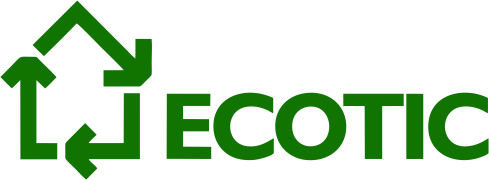The European Commission took action today to tackle illegal waste shipments that are causing damage to human health and the environment. The Commission proposed stronger legislation on national inspections of waste shipments to ensure that all Member States have similar levels of control. Around 25% of waste shipments sent from the EU to developing countries in Africa and Asia are thought to contravene international regulations. When it arrives, that waste is often dumped or mismanaged, causing serious negative impacts on human health and the environment.
While some Member States have thorough, well-functioning inspection systems targeting either illegal waste shipments in ports or on the sites of waste producers and collectors, others lag behind. This leads to 'port hopping' - exporters of illegal waste choosing to export their waste from Member States with the most lenient controls.
Today's initiative proposes risk-based inspections to be carried out regularly by Member States, with greater co-operation between authorities and better training of inspectors. This will help authorities focus on routes, times and vehicles that are most frequently involved in illegal shipping. Focusing more on collection points and storage facilities will also allow inspections to be made at an early stage. By preventing illegal waste exports up-stream, pressure will be eased on regular points of exit. Inspection planning will also help authorities increase their capacity to carry out effective inspections.
On-the-spot inspections - a key element of the proposal - will make it possible to get evidence about the legality of a shipment from the person responsible for a shipment proving, for example, that the waste it contains is destined for environmentally sound management in a third country.
Effective inspections will mean savings and direct economic benefits for Member States and industry, as clean-up and repatriation costs will be avoided. They could also prevent the "leakage" of valuable raw materials contained in waste, such as precious minerals like cobalt and indium in electronic waste, which will be available for recycling and to re-enter the market. This will eventually lead to optimized waste treatment processes, better sorting and recycling techniques and provide better access to high quality raw materials.
Details are available here:
http://europa.eu/rapid/press-release_IP-13-679_en.htm
